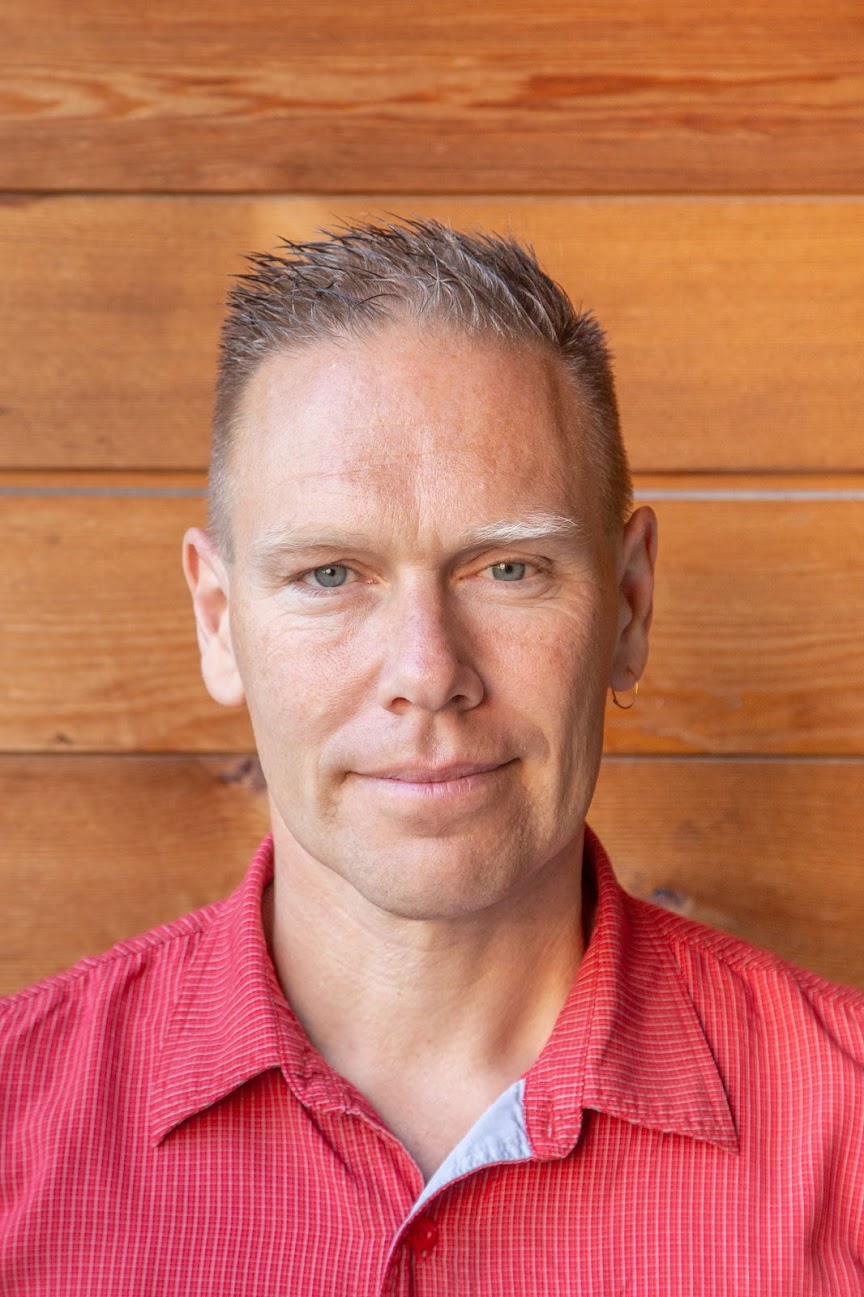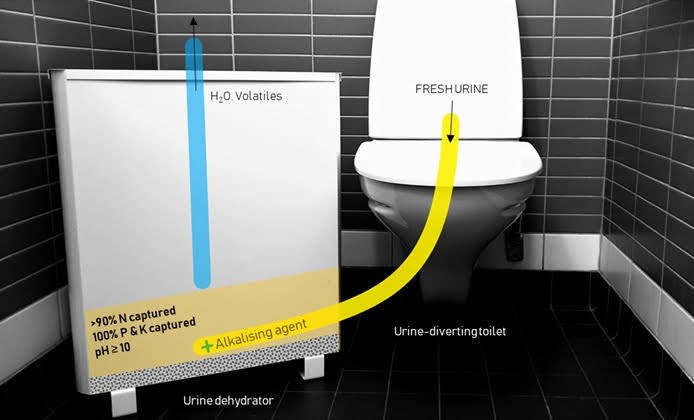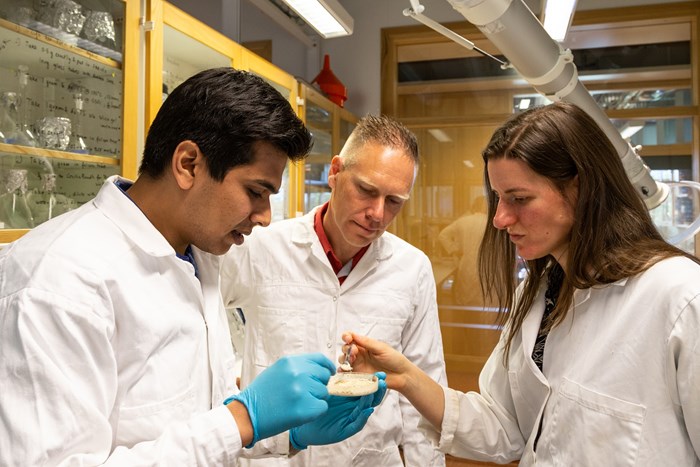At SLU, more than 400 researchers and experts work extensively with water. From the springs and sources, via streams and lakes, through forest and agricultural landscapes and cities, all the way out to the coasts and seas.
The availability of water with good quality is crucial to our and all other life forms' existence on the earth. At SLU, we work with issues such as pollution and environmental toxins, technologies for purifying water and producing good quality drinking water, the impact of climate change on water and the biological life in water. SLU Water Forum acts as an umbrella for water-related issues at SLU.
During the coming days, SLU Water Forum will be extra active in social media. Keep your eyes open!
Björn Vinnerås develops technologies to recycle plant nutrients from the city back to the agricultural fields in an efficient and safe way. We ask him three questions ...

Björn Vinnerås is a professor in environmental engineering at SLU. Photo: Melissa Barton
What does water mean to you?
Water is an essential form of food, which I think we should all value higher than we do. It is also a fascinating solvent that we use to remove waste. Each person in Sweden drinks one to three liters of water per day. We use about ten liters in cooking, and about 140 liters of drinking water are used, for example, when we flush the toilet, take a shower or clean our cars. In this way, it is a greatly underestimated resource that we waste. Water is also very forgiving. Contaminated drinking water, unlike other food that we throw away, is simply flushed away from our homes without people thinking about how it is dealt with afterwards.
What does SLU do in relation to sanitation problems?
25 years ago, when I came to SLU, we largely focused on resource conservation - recirculating phosphorus and nitrogen from the city back to agriculture. In recent years, the issue of preventing contamination of the water recipient has become more important. In cities, water is purified in treatment plants. We do research on separating the fractions at source thereby keeping contaminations in concentrated form apart, and avoid the appearance of complicated diluted mixtures of contaminants in the sewage. We work with various technical solutions and have projects both in Sweden and in Europe as well as in Cambodia, Ethiopia, Rwanda, South Africa and Bolivia.
How do we bring about the change that is needed?
We should look at sanitation as raw materials, not waste. The sewage should be something we want to harvest and produce things from, instead of it just being something we want to get rid of. We can extract plant nutrients, energy, salts, substances and more complex molecules from the wastewater. A prerequisite for that, however, is to sort the sewage at source, much like we do with household waste. Urine separately and dishwasher water separately. We will indeed get waste concentrates at the end, but it will be much less than what we get in the treatment plants today.


